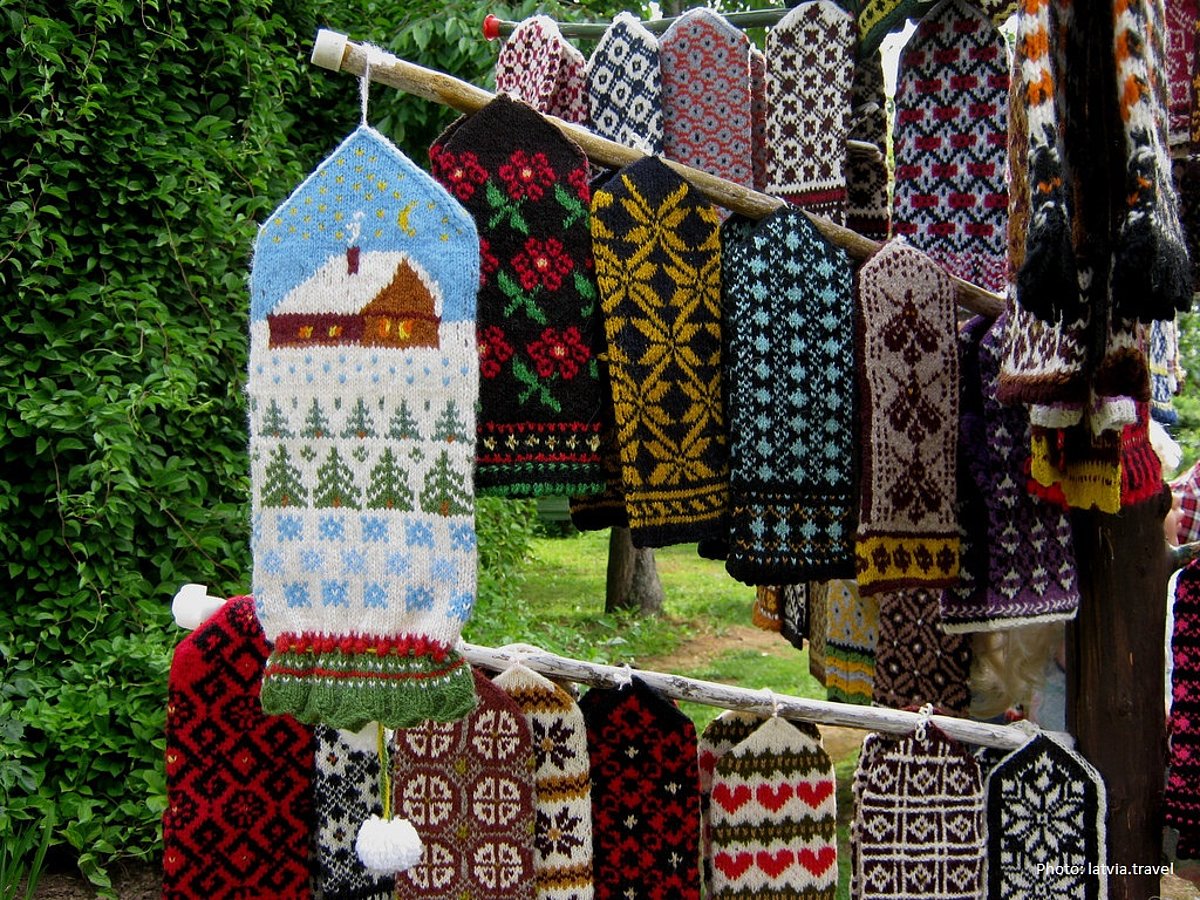
Download the reports:
Skills Needed in International Tourism Business Development, Latvia; Finland; Estonia.
Summary report: Skills needed in the Central Baltic area
Data
In the project, altogether 103 interviews were held in Finland, Estonia and Latvia by different means of communication. The informants represented various tourism sectors: micro- and small size tourism entrepreneurs, national and regional tourism development organisations, local tourism information centres, tourism-related associations, museums, tour operators, national parks and theme parks as well as tourism projects.
In addition, the existing documents related to international tourism business development were reviewed: higher tourism education curricula, national and regional tourism strategies, sector and project reports, post-internship reports of higher education students.
Results
The data was analysed using qualitative content analysis. Several categories were formed which describe the skills needed in international tourism business development. These categories are: 1) product and experience design and development, 2) multichannel sales and marketing communication, 3) co-operation and networking, 4) cultural awareness, 5) managing business operations. Digitalization, language skills and personal traits emerged from the data as cross-cutting themes.
Product and experience design and development consists of skills in designing and developing customer-oriented high-quality products and experiences. The category includes several important topics:
- Creativity and originality in product development
- Designing and offering diversified products, differentiation and tailoring of products to different segments, niche markets
- Multisectorality in product content, use of natural and cultural heritage in product development
- Tackling the challenges of seasonality; offering off-season products
- Using service design methods
- Using ICT as part of a tourism product
Multichannel sales and marketing communication consists of skills in managing sales and marketing activities in a variety of channels. The category includes several current topics:
- Identifying the international target groups
- Using digital tools: social media, mobile technology
- Producing high quality, visual materials
- Using thematic sales channels and models
- Enhancing visibility of destinations and products
- Improving personal selling skills
Co-operation and networking were considered important for the tourism industry to grow and to increase its competitiveness. The category includes the following topics:
- Activating and encouraging co-operation
- Co-operating between different level stakeholders and different sectors
- Theme-based co-operation
- Establishing co-operation models
- Collaborative product development, marketing communication and sales
- Networking skills
Cultural awareness consists of skills related to knowledge creation and utilisation in international business environment. The category includes several topics:
- Applying customer know-how and market knowledge
- Understanding the special characteristics of different cultures and their impact on business activities
- International customer service skills
- Intercultural communication skills
- Language skills
Managing business operations involves knowledge of operational and strategic management issues as well as skills in developing business operations. The category includes the following topics:
- Human resource management and leadership skills
- Developing and using innovative business models
- Understanding the key pricing factors and factors of a profitable tourism business
- Implementing risk management strategies
- Identifying the operating environment with all its sectors and actors
- Developing foresight skills and awareness of trends
- Developing entrepreneurial attitude
The project BOOSTED aims at providing an aligned and relevant skillset for the Central Baltic region to grow as a coherent tourism destination. It boosts tourism business competitiveness through higher professional education in Finland, Estonia and Latvia.
For more information about the project: www.projectboosted.eu




 CONFERENCE
CONFERENCE